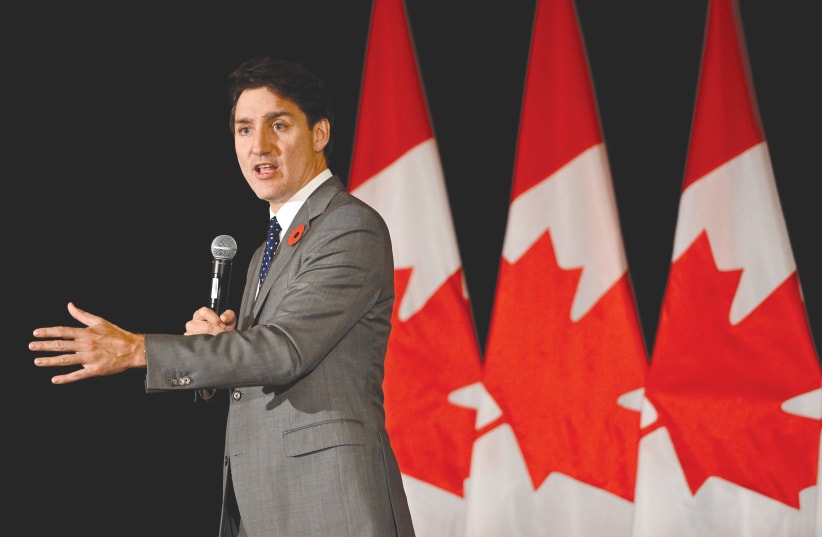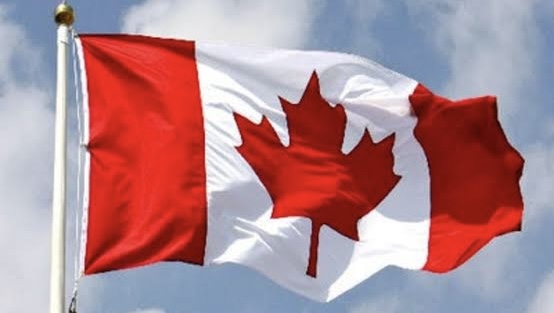Canadian Prime Minister Justin Trudeau is increasingly likely to announce his resignation as leader of the ruling Liberal Party, a source familiar with the matter said Sunday. While Trudeau has not made a final decision, an announcement could come as early as Monday, according to the Globe and Mail.

The source, who requested anonymity due to lack of authorization to speak publicly, said Trudeau’s departure would leave the Liberals without a permanent leader ahead of an election that must be held by late October. Current polling suggests the party is on track to lose decisively to the opposition Conservatives.
Trudeau’s office did not immediately respond to requests for comment. The prime minister’s schedule for Monday indicates he is set to participate virtually in a cabinet meeting on Canada-U.S. relations.
Sources cited by the Globe and Mail expect Trudeau to announce his intentions before a Wednesday emergency meeting of Liberal legislators. Growing calls from party members, alarmed by a string of unfavorable polls, have added to the pressure.
Trudeau, who became Liberal leader in 2013 and led the party to victory in 2015, has faced increasing criticism for recent political missteps. In December, tensions rose after an attempt to demote Finance Minister Chrystia Freeland backfired, leading to her resignation and a public rebuke of Trudeau’s leadership style.

It remains unclear whether Trudeau would immediately step down or remain as prime minister until a new leader is chosen. Finance Minister Dominic LeBlanc is reportedly among those considered for interim leadership, though this could complicate his potential bid for the permanent role.
If Trudeau resigns, analysts anticipate calls for a snap election to stabilize the government and address pressing challenges, including navigating relations with U.S. President-elect Donald Trump’s administration.
Trudeau, 53, campaigned on a progressive platform emphasizing inclusivity and climate action. However, his tenure has been increasingly marked by challenges, including economic pressures, soaring housing costs, and public frustration over a botched immigration policy.
While his government’s pandemic response included record deficit spending to shield Canadians from economic fallout, it failed to shield his party from mounting public dissatisfaction.
As Trudeau’s future hangs in the balance, his resignation could mark a significant turning point for the Liberal Party and Canadian politics at large.



